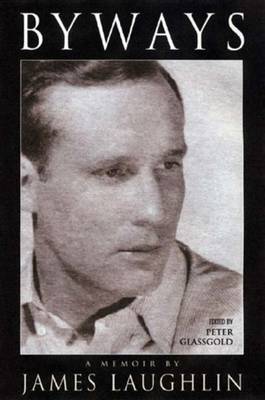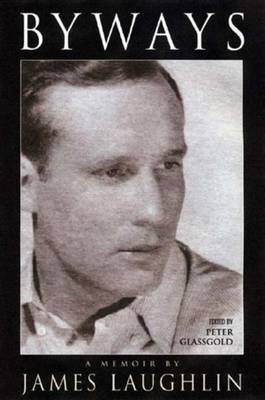
- Afhalen na 1 uur in een winkel met voorraad
- Gratis thuislevering in België vanaf € 30
- Ruim aanbod met 7 miljoen producten
- Afhalen na 1 uur in een winkel met voorraad
- Gratis thuislevering in België vanaf € 30
- Ruim aanbod met 7 miljoen producten
Zoeken
Omschrijving
The long-awaited memoirs of New Directions' founder. James Laughlin, the late founder and publisher of New Directions, was also a poet of elegance and distinction. At his death in 1997 at the age of eighty-three, he left unfinished his long autobiographical poem, Byways. It is no exaggeration to say that his publishing house, which he began in 1936 while still an undergraduate at Harvard, changed the way Americans read and write serious literature. Yet the man who published some of the greatest writers of the twentieth century remained resistant for most of his life to the memoiristic impulse. In the end he found his autobiographical voice by adopting the swift-moving line of Kenneth Rexroth's booklength philosophical poem, The Dragon and the Unicorn (1952). Byways weaves together family history (the Laughlins were wealthy Pittsburgh steel magnates), the poet's early memories and travels in Europe and America with his playboy father, his years at Harvard, first meetings with Pound, the beginning of his publishing venture, his reminiscences of close friendships with writers including W.C. Williams, Thomas Merton, and Kenneth Rexroth, his postwar work in Europe and Asia with the Ford Foundation as publisher of its international literary magazine, Perspectives, and not least, his many early loves.
Specificaties
Betrokkenen
- Auteur(s):
- Uitgeverij:
Inhoud
- Aantal bladzijden:
- 323
- Taal:
- Engels
Eigenschappen
- Productcode (EAN):
- 9780811215985
- Verschijningsdatum:
- 17/03/2005
- Uitvoering:
- Paperback
- Formaat:
- Trade paperback (VS)
- Afmetingen:
- 154 mm x 231 mm
- Gewicht:
- 530 g

Alleen bij Standaard Boekhandel
+ 41 punten op je klantenkaart van Standaard Boekhandel
Beoordelingen
We publiceren alleen reviews die voldoen aan de voorwaarden voor reviews. Bekijk onze voorwaarden voor reviews.











